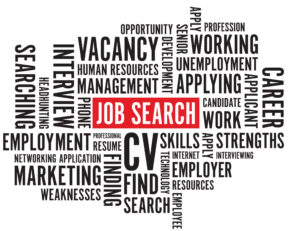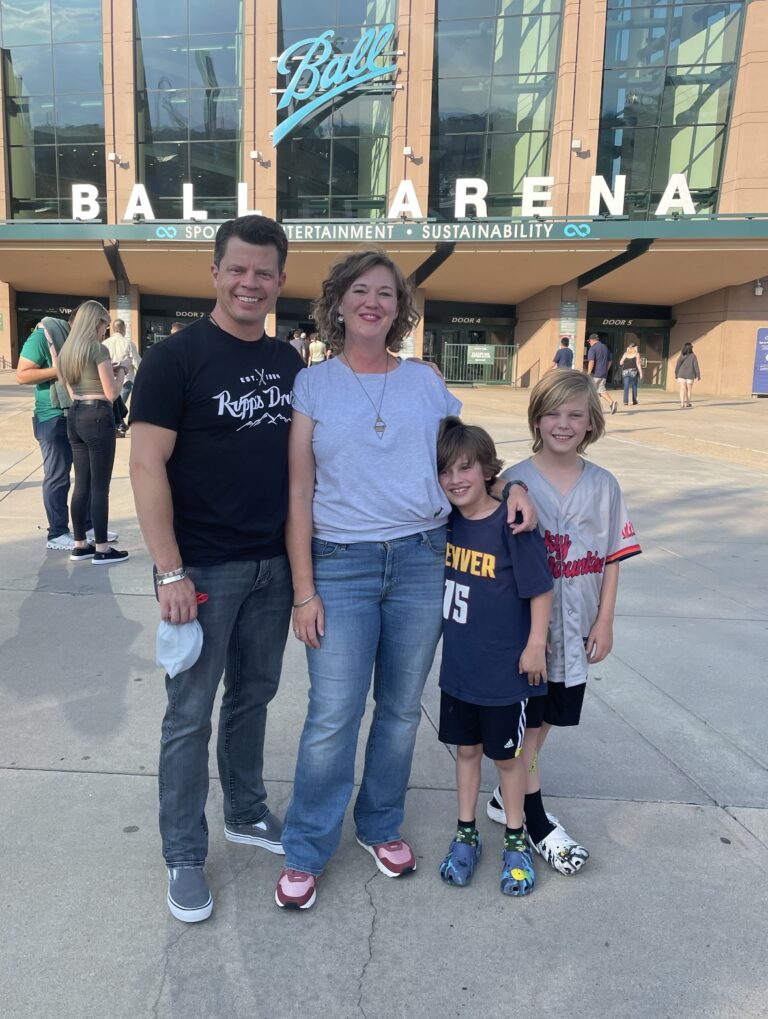Are you searching for your next great job opportunity? Take an organized, methodical approach to boost your chances of success in finding that dream role. Here are several tips to help you do things the right way in today’s job market:
Make your wish list. The first, most important step in any job search is to have a little heart-to-heart with yourself. Why are you considering making a move in the first place? Are you seeking a better work-life balance? More opportunity for long-term growth (and/or short-term growth)? Are you interested in trying out a different industry (even if you still want to stay in accounting or finance)? Or maybe you want to shorten your commute? Create a list of what is important to you, and be specific (thinking about location, salary, company size, etc.). Write down your must-haves and nice-to-haves for your next company and position.
Update your LinkedIn profile. Your resume is important, but LinkedIn is just as important. Employers and recruiters alike use LinkedIn, so make sure you’re using it to your advantage. LinkedIn’s Job Search Guide is an excellent resource if you don’t know where to start, but at a minimum, make sure your profile has a clear, recent photo, and that your experience and skills are up to date. You can update your profile status to “Open to Work” so that your network (and accounting and finance recruiting firms like TGRP Solutions in Denver, CO) knows you’re searching. You can limit this to recruiters only if you’re being discreet. Ideally, your LinkedIn profile should highlight your accomplishments and relevant skills like a resume does, and include key words that are pertinent to your experience and industry.
Update your resume. A current resume is essential as you begin your job search, even if your LinkedIn profile is up to date. There are different formats of resumes and the appropriate length might depend on how many years of experience you have (although we recommend people keep their resumes to two pages maximum). Generally, however, your resume should accomplish the following in an easy-to-read, scannable format:
- Highlight your educational degrees, credentials, certifications, and licenses.
- Highlight your work experience and your achievements in each job.
- Share your relevant strengths and skills.
- Include key words that are relevant for any jobs for which you’re applying (and again, that are pertinent to your experience and industry).
Contact a recruiter. There are many websites where you can browse open positions and apply, but contacting a recruiter early in the process has many benefits:
- They’ll coach you every step of the way. A great recruiter will help you improve your resume and LinkedIn profile, coach you on how to interview and follow up, and much more. They know what approaches are successful in a job search and what are not.
- You’ll gain access to their connections. Many roles are not posted online, and even companies that do post jobs might also engage recruiters to help them find candidates. If a job you saw online interests you, you can find out if a recruiter is working with that company. Submitting your resume that way gives it a higher chance of making it to the top of the pile, and recruiters can introduce you to the employer (and hiring manager) in the best possible way.
- They’ll work for you while you’re at work! Job searching is time consuming and hard to do while you’re still working. Plus, the further along you are in a career, the longer it can take to find the right fit. A recruiter who gets to know you well can serve as your “agent” and keep you in mind as new opportunities come across their desks—even if they don’t have a perfect match right away. Their job is to connect their clients to great candidates, so by working with a recruiter—even if you continue searching on your own—you’re extending your own efforts.
- They’ll help you present yourself in the very best way. Recruiters can introduce you to companies in a way that highlights your best skills. They can also explain things when you’d never have that opportunity—like a short tenure in a job or a skill that you’re still developing. When it comes time to interview, your recruiter can also help you prepare by making sure you research the company, the hiring manager, and the position, and create a list of appropriate questions to ask.
Stay patient. The job search process isn’t always fast or easy, especially in today’s uncertain economy. The recruiter you work with can help you understand the current landscape and what they are seeing in terms of demand, salaries, and more. They can give you honest thoughts on whether you need to adjust your expectations, and what you need to do to put your best foot forward.
Need Help in Your Job Search? Contact TGRP!
If you’re just beginning your search for an accounting or finance job in Denver, contact TGRP Solutions. Our caring and experienced recruiting team can help you navigate this process successfully! We work with a wide range of Colorado companies and have years of experience guiding accounting and finance professionals here in the Mile High City as they make the important life decision on where to go next in their career.
Contact us today to discuss your career goals and desires for your next accounting or finance position.



